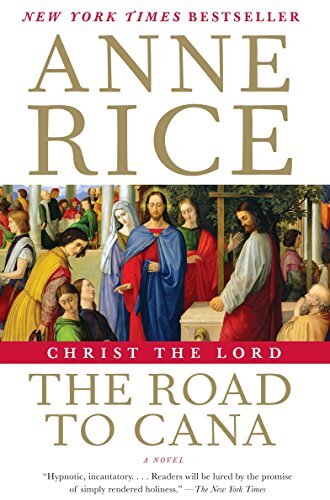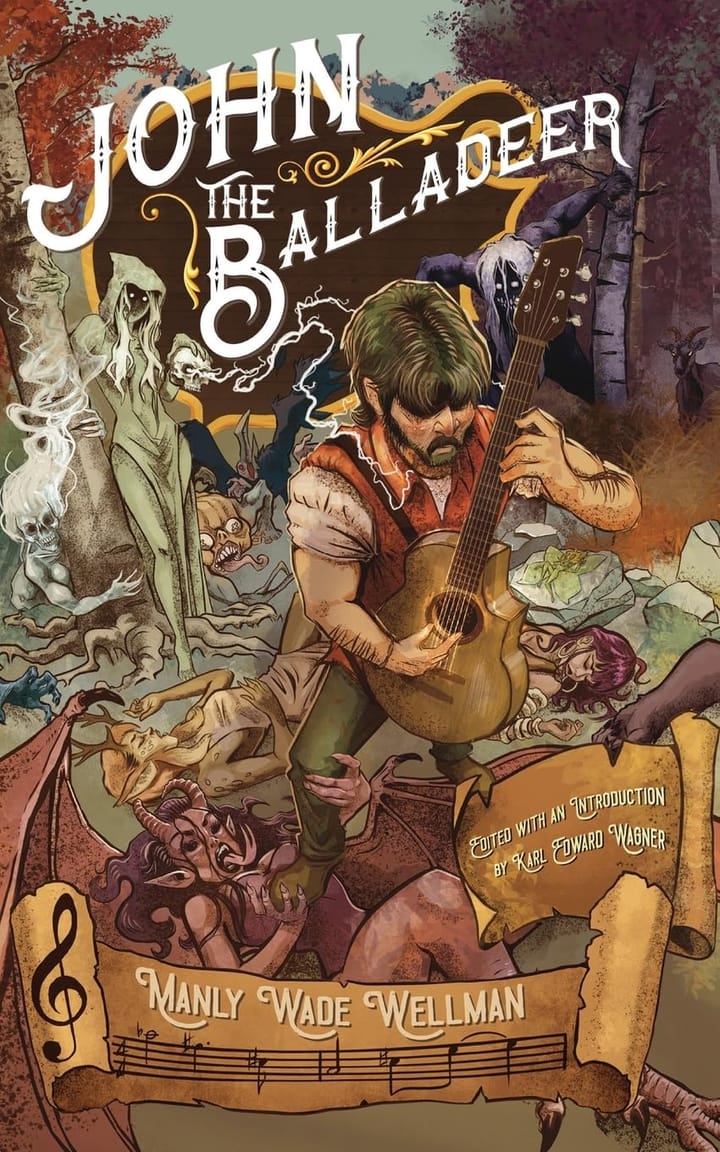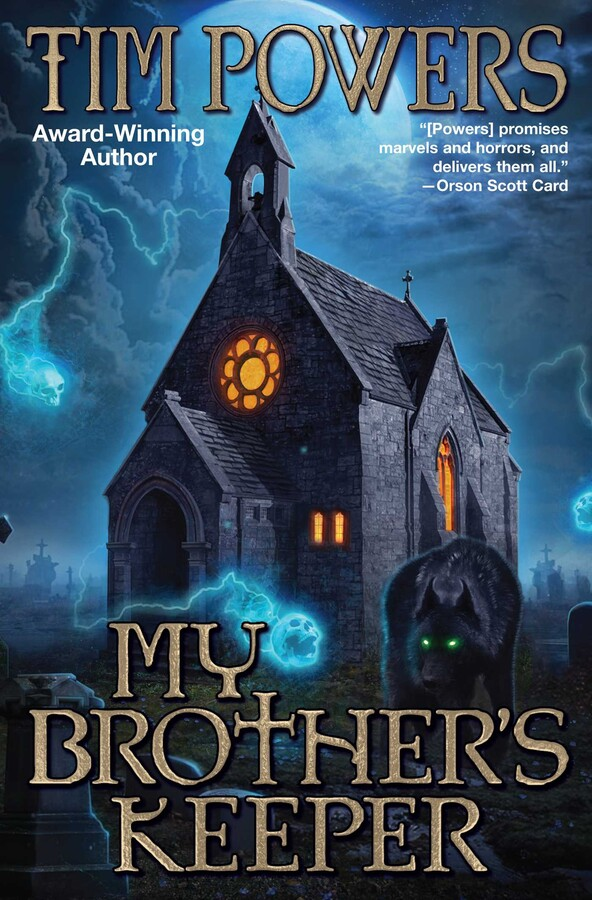The Long View 2008-02-11: Rand & the New Atheism; Anne Rice Vindicated; The Softening of Steyn; Sharia at the Ernstfall

For someone as interested in political ideas and movements as John J. Reilly was, I appreciate this take on politics:
All politics is opera. The semantic content is rarely the important part.
As politics comes to be personal in the waning days of the Republic, we should keep this in mind.
John also links here to an irenic review of Anne Rice’s second book about the life of Christ [Amazon link] by Fr. Richard John Neuhaus. Ms. Rice is a skilled and popular author, and so did a remarkable job with the books, although as John J. Reilly noted in his review of the first volume, the willingness to embrace this topic in this way was entirely compatible with having unorthodox notions.
Rand & the New Atheism; Anne Rice Vindicated; The Softening of Steyn; Sharia at the Ernstfall
Readers of First Things may have noted a comment by Fr. Richard in the most recent (March) issue on the difference between the conspicuously angry and provocative "New Atheism" and its secular humanist and free-thinker predecessors. Fr. Neuhaus cites a piece in a publication new to me, Religion Watch:
The RW article opines that atheists (who often preferred to be called freethinkers or secular humanists) are frustrated by "the failure of progressive secularism" and are now seeking a niche for themselves among the unchurched and "secular seekers" in order to build a community of support.
The gist of it was that people like John Dewey had a serene assurance of the historical inevitability of their ideas. There was thus no reason to be aggressive or even polemical about them, since religion would simply dissipate over time. This assurance, or at least the serenity part, is much less in evidence among the New Atheists: they no longer really expect their views to become dominant. In consequence they are clubbing and clawing for a place at the cultural table like any other minority group.
I would suggest that the bridge to this development may be Randianism. There was no lack of discrete agnostics in the middle third of the 20th century, but the only sectarian form of atheism I can think of from those years, or at least the only form with a considerable audience, can be found in the writings of Ayn Rand. Randianism, by design, lacks the Hegelian historical dynamism of the Left. It would make sense if their atheisms came in different flavors.
And when is that Atlas Shrugged movie coming out?
* * *
Speaking of Fr. Neuhaus: in that same issue of First Things, he went out of his way to make amends to Anne Rice:
I had not read the first book in her Christ the Lord series, Out of Egypt, and it received a rather cool notice in these pages.
Actually, the First Things review starts with Appalling and goes downhill from there. The series is a life of Christ, told in the first person. The concept is a little appalling, I admit, but I thought that first book was pretty good. Anyway, Fr. Neuhaus seems to have come around to that point of view about the second volume, Christ the Lord: Road to Cana [Amazon link]
Fr. Neuhaus does not mention Rice's embrace of preterism, however. I'm rather shocked.
* * *
Speaking of people coming around, Mark Steyn is not yet quite warming to the prospect of John McCain as the Republican nominee, but he is beginning to repeat consoling anecdotes:
[T]he defining McCain moment came back in the fall when he responded to Hillary Clinton's support for public funding for a Woodstock museum. If you're under 70 and have no idea what "Woodstock" is or why it would require its own museum, ask your grandpa. But McCain began by saying he was sure Mrs. Clinton was right and that it was a major "cultural and pharmaceutical event." Which is a cute line. And McCain wasn't done yet: "I wasn't there," he said of the 1969 music festival. "I was tied up at the time."
And the crowd roared its approval. It's not just a joke, though it's a pretty good one. It's not merely a way of reminding folks you've stood up to torture and you can shrug it off with almost 007-cool insouciance. But it also tells Republican voters that, when Sen. Clinton offers up some cobwebbed boomer piety, you know a piñata when you see one, and you're gonna clobber it.
And that's the music a lot of Republican voters want to hear. For a certain percentage of voters, McCain is tonally a conservative...A McCain presidency would offer many such moments. But, in between, he'd be "reaching across the aisle" to enact essentially Democrat legislation on climate change, illegal-immigration amnesty and almost everything else.
All politics is opera. The semantic content is rarely the important part.
* * *
Certainly Archbishop Rowan Williams meant well when he made those comments last week endorsing the official recognition of sharia in Great Britain. Nonetheless, these views have caused audible unhappiness in many quarters, not least on the part of that Spengler at Asia Times, who tells us:
Not since World War II has British opinion been provoked to the present level of outrage. Writing in the Times of London, the editor of the London Spectator, Matthew d'Ancona, quoted former British Conservative parliamentarian Enoch Powell's warning that concessions to alien cultures would cause "rivers of blood" to flow in the streets of England. Times columnist Minette Marin accuses the archbishop of treason...No one is better than the British at pretending that problems really aren't there, but once their spiritual leader admits to an alien source of coercion and proposes to legitimize it, they understand that a limit has been reached....
Spengler pointed out that the sharia proposal would be a concession by the state to private groups of at least some of the state's monopoly over the use of force, a concession that has in part been anticipated. Not so long ago, it was just Salman Rushdie who need police protection because of religious controversies internal to the Muslim community; now Spengler gives a run down of the ever-growing list of European journalists, politicians, and academics who have gone into hiding or who must have police protection because they have made comments outraging elements of Muslim opinion.
Still, those are still arguably exotic concerns. What excites Spengler's ire most is the the implication of Western sharia for the rights of women:
In the United Kingdom, according to evidence presented by respected journalists and public-interest organizations, Muslim community organizations, Muslim police officers and medical personnel collaborate to stop women from escaping domestic violence.
I have no way of knowing whether that is true. I do know that, in many American police departments in the unenlightened past, police who were called to a domestic dispute in which the wife had been struck would take the husband into an alley, beat him up a little, and tell him that they would beat him up a lot if they were called back. That is what Carl Schmitt meant by law at the Ernstfall. I can easily imagine the default switching, from practice that is informally more protective of women than the letter of the law suggests to practice that is informally more oppressive.
Copyright © 2008 by John J. Reilly



Comments ()